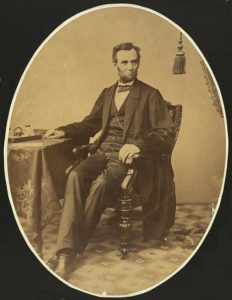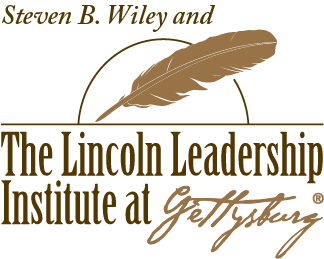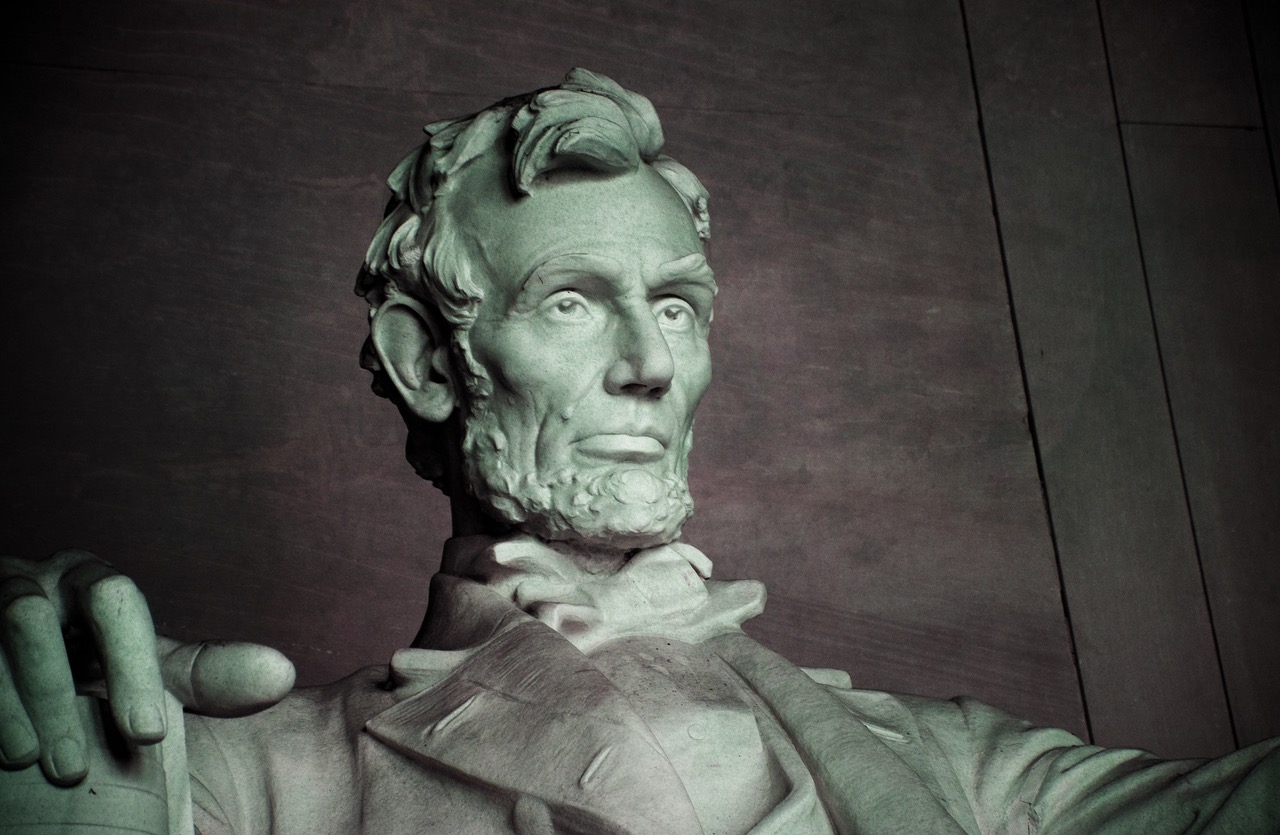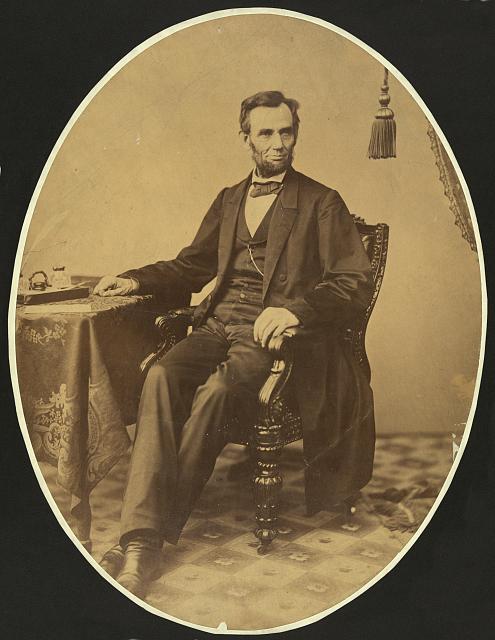On the 155th anniversary of the Gettysburg Address, it is worth pausing for a moment to consider Lincoln’s message on that November day. Arguably the greatest speech in world history, there is much we can learn from those 272 words about inspiring a shared vision, creating a culture of change, and tapping into universal values. All of those things, however, were only possible because of Lincoln’s masterful use of some basic communication techniques that ensured that his message was received, read, and understood near and wide. Here are four of those techniques that we can emulate.
1. Brevity. In the last week, have you started reading an email or memo and stopped before you got to the end? Part of the genius of the Gettysburg Address is that it is so short that no one should have a problem getting to the end. If, however, anyone does, Lincoln put the entire takeaway in the very first sentence. In the military, they call this BLUF, or bottom line upfront. The next time you have to write an email or a memo, is there a way to make it briefer, and to put the bottom line up front for those who may not take the time to read all the way to the end?
 2. Medium. Lincoln’s true audience was not the 15,000 people present at the dedication ceremony, but the 20 million people of the North. To get the Address out, Lincoln knew reporters would have to use the telegraph – a very expensive proposition. Only by keeping his speech short would the newspapers bear that expense. Lincoln’s plan worked – 85% of the nation’s papers carried his speech. What is the medium by which your messages get out? How might you adapt your message to the medium?
2. Medium. Lincoln’s true audience was not the 15,000 people present at the dedication ceremony, but the 20 million people of the North. To get the Address out, Lincoln knew reporters would have to use the telegraph – a very expensive proposition. Only by keeping his speech short would the newspapers bear that expense. Lincoln’s plan worked – 85% of the nation’s papers carried his speech. What is the medium by which your messages get out? How might you adapt your message to the medium?
3. Clarity. Lincoln wanted to ensure that everyone understood his message, so he used simple words in common usage that everyone understood. Of the 272 words in the speech 190 are monosyllable words, and the few that might appear uncommon to us today – words like score and consecrate – were prevalent in the King James Version of the Bible that people in Lincoln’s era read daily. Writers often look for fancier words, more precise words, a greater variety of words. Lincoln, by contrast, looked for words that could not be misunderstood. Are there places where you can simplify your language to ensure that your meaning is crystal clear?
4. On the shoulders of giants. In the opening sentence of the Gettysburg Address, Lincoln called for a return to the nation’s founding principle of equality found in the Declaration of Independence. In the final sentence, he paraphrased Daniel Webster in calling for a government of the people, by the people, for the people. Lincoln knew that his argument and call to action would be more powerful if he could invoke already accepted sources of authority rather than asking people to adopt completely new and foreign ideas. Are there ways you can bring in accepted sources of authority to bolster your arguments?
It may be that no one ever refers to one of your memos as “among the glories and treasures of mankind,” as Earl (later Lord) George Curzon once described the Gettysburg Address, but by keeping Lincoln’s strategies in mind, perhaps you can ensure that they are read and understood.





Recent Comments